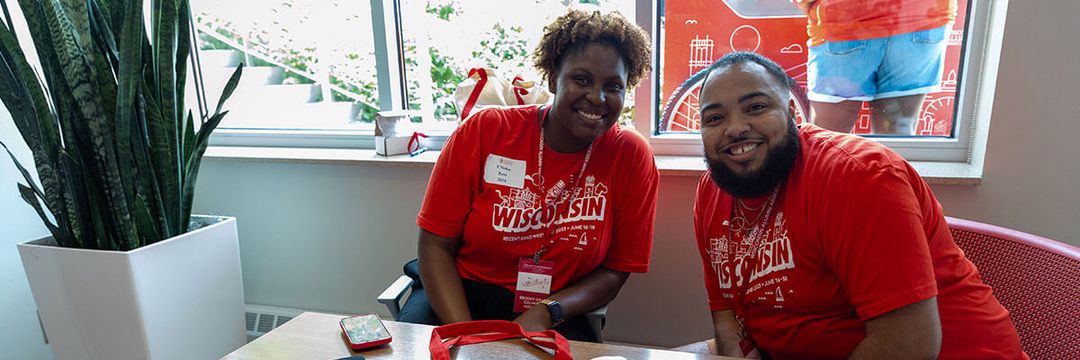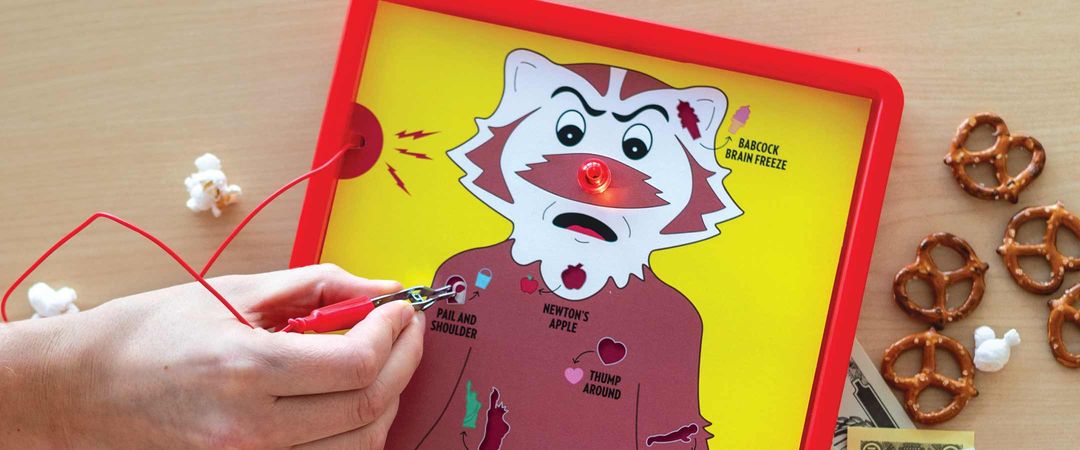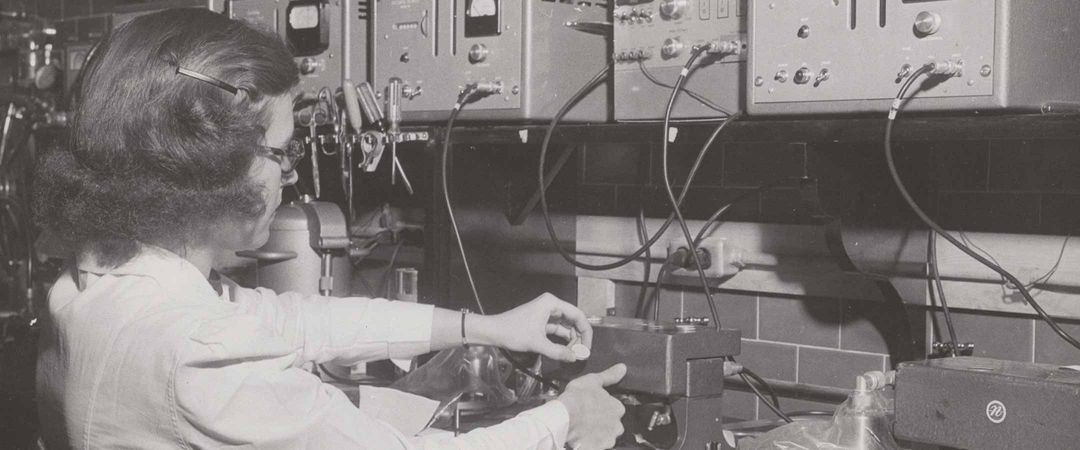As the psychiatrist for the UW’s department of athletics, Claudia Reardon ’01, MD’06 has an unusual caseload: she’s charged with supporting the mental health of all of UW–Madison’s varsity athletes. She has a strong background for this work: not only was she a competitive athlete herself, but her brother, Andrew Rock, won a gold medal for Team USA in the 2004 Athens Olympics. She’s one of the world’s leaders in the field of sports psychiatry and has consulted with the International Olympic Committee. But Reardon has nonathlete patients, too, and she offers her tips for ways to keep both mentally and physically fit — tasks that have been particularly difficult during the coronavirus pandemic.
How to influence brain chemistry without medication:
[Exercise] has antidepressant and antianxiety properties. And there are several reasons why. It’s a distraction from negative thoughts. Learning a new skill gives a sense of mastery. Exercise provides social contact — at least in non-COVID times. And it has biological influences: increasing endorphins, decreasing cortisol, and thermogenesis. That is, heating up the body seems to have an antidepressant effect. Finally, we know that regular exercise grows the hippocampus. In people with depression, the hippocampus is smaller, but exercise and talk therapy can grow it back to normal size.
How to maintain mental well-being when life is disrupted or uncertain:
It’s important to follow a daily routine. Following a regular routine helps maintain mood. The pandemic has made people leave their predictable schedules. If you’re not getting out of your pajamas, if you’re not having regular mealtimes, if you’re not goal-oriented, you’re going to feel bad. Part of self-care is getting regular exercise. I see that among my patients — student-athletes don’t have access to their normal facilities; they aren’t walking miles every day to go to and from classes. We have to help them find ways to keep their routines and their exercise.
How to fit in physical and mental fitness when life is very busy:
I have small kids at home, so I try to walk three miles on my treadmill every morning, starting at four a.m. I open up my laptop and do work while I’m walking, which isn’t a great example of mindful exercise, but I find I can think well when I’m walking. There’s increased oxygen to the brain. And it’s time when I can get things done.
Five ways to get the mental benefits of exercise, when you can’t go to a gym:
- Try a video workout.
- Take a free online exercise class.
- Add exercise to your normal activities: regular yard work or cleaning.
- Play active video games with your kids.
- Join a “virtual 5K,” in which participants run five kilometers at the same time, on the same day, and post their times online.
“Having other people encourage you is one of the things that makes a person stick with a plan,” Reardon says. “It’s impossible to say too much about how important support and routine are in maintaining mental health.”











